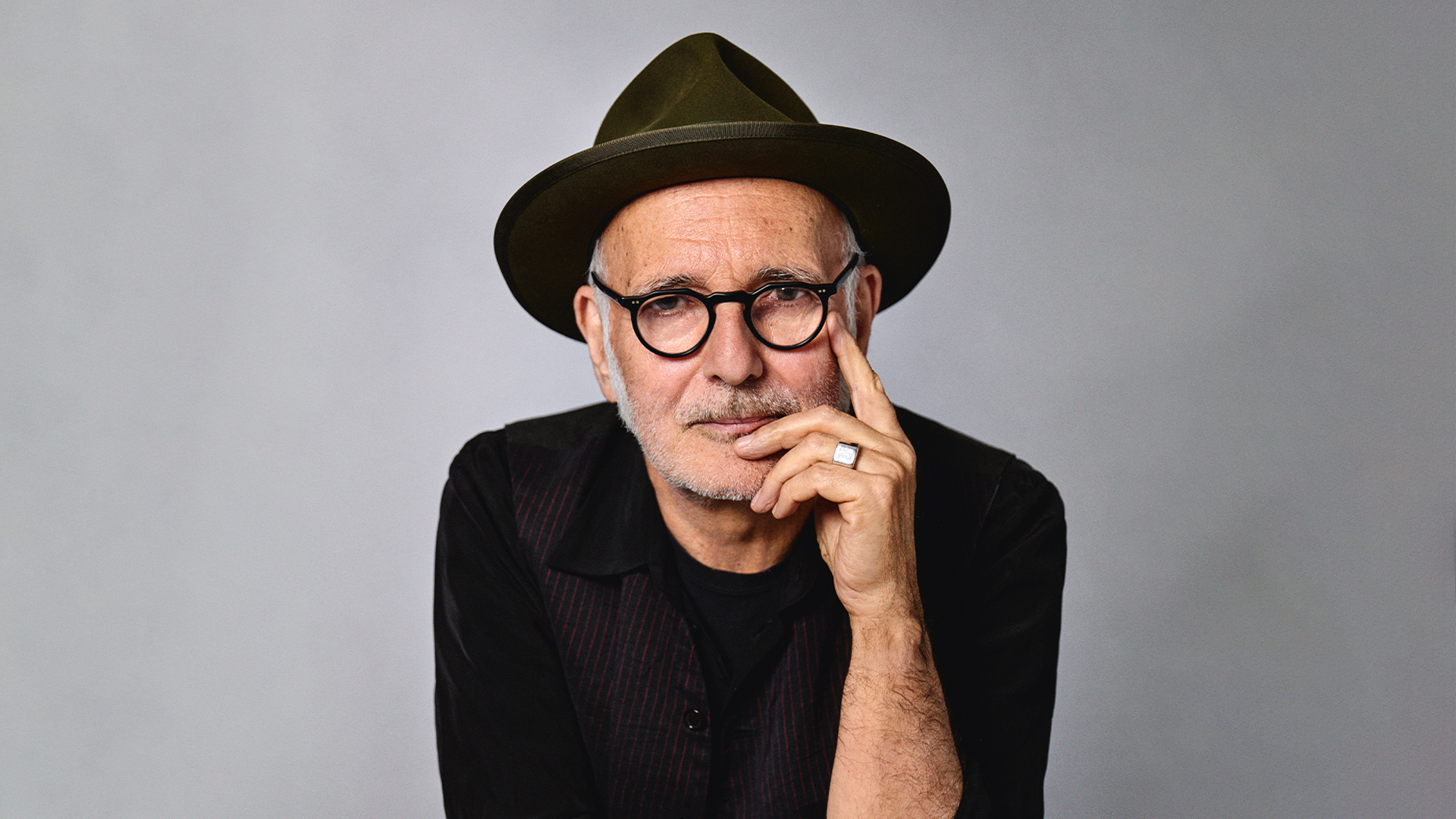Ludovico Einaudi’s Inaugural Concert in Bangkok: A Comprehensive Review
Introduction: The Art of Resonance
There are artists whose names command attention, whose work transcends the boundaries of genre and language. Ludovico Einaudi is one such artist. For decades, his music has echoed through concert halls, film soundtracks, yoga studios, and solitary headphones across the globe. A composer and pianist of Italian origin, Einaudi has become a quiet titan in contemporary classical music. His compositions are often described as meditative, emotionally resonant, and deceptively simple, capable of stirring something deeply human in listeners, whether they are seasoned concertgoers or newcomers to the classical genre.
For those of us who have followed Einaudi’s career, the announcement of his inaugural performance in Bangkok felt monumental. He has toured extensively across Europe and North America, but Southeast Asia has largely remained uncharted territory for the artist. The Bangkok concerts, held on March 29 and 30, 2025, at True Icon Hall, represented not just a personal milestone for the composer but also a cultural moment for Thailand’s increasingly vibrant classical music scene.
Speaking personally, I came to Einaudi’s music during a time of transition in my life. His 2004 album “Una Mattina” was a kind of lifeline, its delicate balance of melancholy and hopefulness echoing the emotional terrain I was navigating. Since then, I’ve followed his work closely, from the cinematic grandeur of “Divenire” to the ecological reflections in “Seven Days Walking.” Seeing him live had long been on my bucket list. When the Bangkok dates were announced, I didn’t hesitate.
Practicalities
The concerts took place at True Icon Hall, perched atop the gleaming ICONSIAM complex. A temple of luxury shopping and culture on the banks of the Chao Phraya River, ICONSIAM has positioned itself as a nexus of commerce and the arts. True Icon Hall, located on the 7th floor, is its crown jewel for live performances. With a seating capacity of approximately 2,500 and a bowl-shaped layout, the hall is designed to provide optimal sightlines and generally strong acoustics.
Notable for hosting a variety of international acts, from classical orchestras to K-pop sensations, True Icon Hall is a venue that bridges East and West. It’s a relatively new space, having opened in late 2018, but it has quickly gained a reputation as one of Bangkok’s premier venues. Past performers include violinist Ray Chen, pianist Lang Lang, and crossover cello group 2Cellos—a testament to the venue’s versatile appeal.
The venue selection for Einaudi’s Bangkok debut felt symbolic as well as strategic. Bangkok, though better known for its vibrant street life and bustling pop concerts, has been steadily nurturing its classical and minimalist music scene. Events like the Bangkok International Festival of Dance and Music, and growing support from institutions like the Thailand Philharmonic Orchestra and the Princess Galyani Vadhana Institute of Music, show a city evolving into a regional cultural hub. Einaudi’s arrival, in this sense, was both timely and emblematic—a recognition of Bangkok’s readiness for more introspective, globally significant music experiences.
In terms of logistics, attending the concert was refreshingly easy. ICONSIAM is well-serviced by multiple transport options, including the BTS Gold Line (Charoen Nakhon Station), river ferries, and ample parking for those arriving by car. Shuttle boats ferry attendees from key piers like Sathorn and Si Phraya, offering a uniquely scenic approach to the venue. Despite Bangkok’s notorious traffic, arriving by river turned out to be not only efficient but atmospheric.
Tickets ranged from 2,500 to 8,500 Thai Baht (approximately $70 to $240 USD), depending on the seating tier. For an artist of Einaudi’s stature, these prices felt appropriate. The marketing campaign emphasized the rarity of the event, and judging by the speed with which tickets sold out, demand certainly met the moment. In fact, the buzz generated by the concert proved that there is a strong, perhaps underserved, appetite for minimalist classical music in Thailand’s capital.
Upon arrival, the first impressions were overwhelmingly positive. The entrance to True Icon Hall is framed by a grand staircase and luminous digital signage, exuding modern elegance. Staff were courteous and well-prepared, guiding attendees with clear signage and efficient queue management. Inside, the aesthetic was sleek and understated, with a gentle color palette that allowed the stage to remain the focal point.
That said, it’s worth considering how True Icon Hall compares to other notable Bangkok venues for classical or highbrow performances. The Thailand Cultural Centre in Huai Khwang has long been the city’s traditional home for symphonic music, with a larger capacity and more acoustically-focused architecture. However, it lacks the modern polish and commercial magnetism of ICONSIAM, making it less of a destination for international artists with crossover appeal. Another contender might be the KBank Siam Pic-Ganesha Theatre at Siam Square One, but its smaller size and focus on musicals and contemporary Thai theatre render it a less suitable alternative for an event like this.
So, was True Icon Hall the best choice for a concert like Ludovico Einaudi’s? Given the balance of accessibility, ambiance, and prestige, the answer is likely yes. The venue’s modern design complements Einaudi’s minimalist aesthetic, and its central location made it easy for both locals and international fans to attend. It provided the necessary intimacy for such an emotionally driven performance while still accommodating a large enough audience to match the scale of the event. Although a few murmurs were heard regarding the acoustics—specifically, that reverberation occasionally blurred Einaudi’s more delicate passages—these were the exception rather than the rule.
Whether this slight sonic imperfection stems from the hall’s bowl shape or its material composition is hard to say, but it is perhaps the only element that stopped the venue from being flawless for classical minimalism. A few adjustments to how sound is absorbed and distributed might make True Icon Hall a perfect match for performers of Einaudi’s subtlety in the future.
Experience: A Dialogue in Sound and Light

He opened with selections from his recent works, including movements from “Underwater” and “Seven Days Walking.” These pieces, composed during and after the global pandemic, carry a sense of introspection and stillness. The lighting design mirrored this mood: soft blues and gentle whites bathed the stage, creating an atmosphere reminiscent of moonlit solitude.
As the concert progressed, he wove in older favorites like “Nuvole Bianche” and “Divenire,” and the response from the audience was immediate. There was a collective intake of breath as the opening chords of “Una Mattina” emerged, and more than one person could be seen wiping away tears during its crescendo. These are pieces that have traveled with people through their own emotional journeys, and hearing them live is a kind of shared catharsis.
The integration of lighting and music was one of the evening’s standout features. Each piece had its own visual palette, enhancing the emotional arc of the performance. For “Experience,” the lighting shifted dramatically between crimson and gold, echoing the composition’s fluctuating intensity. In quieter moments, projections of natural imagery– rippling water, falling leaves—were cast subtly on the backdrop, never distracting, only amplifying.
Audience behavior, however, was something of a mixed bag. The demographic was pleasingly diverse: Thai locals, international tourists, expatriates, and classical music devotees mingled together, dressed in everything from cocktail dresses to smart casual wear. The atmosphere was one of reverence and curiosity for the most part. Unfortunately, a significant number of attendees seemed unable to resist the urge to film the performance on their phones. Despite pre-show announcements requesting otherwise, the glow of screens periodically interrupted the visual purity of the stage.
Einaudi himself appeared unfazed, focused entirely on the music. He spoke only briefly between pieces, offering a humble thank you and a few words about the inspiration behind his newer compositions. The final piece of the night, “Elegy for the Arctic,” was delivered with haunting clarity. The lights dimmed to near-total darkness, a slow blue wash evoking the icy landscapes the piece laments. It was a poignant close, underscoring the environmental consciousness that now informs much of Einaudi’s work.
The applause was thunderous and prolonged. After several curtain calls, he returned for a short encore: a solo rendition of “I Giorni,” arguably his most beloved piece. As its final notes faded into silence, the audience remained hushed for a beat longer than usual, a moment of collective awe.
Conclusion: A Long-Awaited Encounter Fulfilled
Einaudi’s inaugural concerts in Bangkok were everything one could hope for: intimate yet expansive, technically polished yet emotionally raw. They offered not just a performance but a communion. Through a meticulous balance of sound, light, and silence, Einaudi invited us into his world, one in which music speaks when words fail.
The event was a triumph not only for the artist but also for Bangkok as a growing hub for international cultural exchange. That Park Live SA Co., Ltd. managed to pull off such a well-executed concert, in partnership with True Icon Hall, speaks volumes about the city’s readiness to host world-class performances. Of course, there is room for improvement, especially when it comes to enforcing concert etiquette around phone usage. But these are logistical wrinkles in what was otherwise a transcendent experience.
For longtime fans, the concerts were the realization of a long-held dream. For newcomers, they were likely a revelation. Either way, it was clear that Ludovico Einaudi had struck a chord.






























